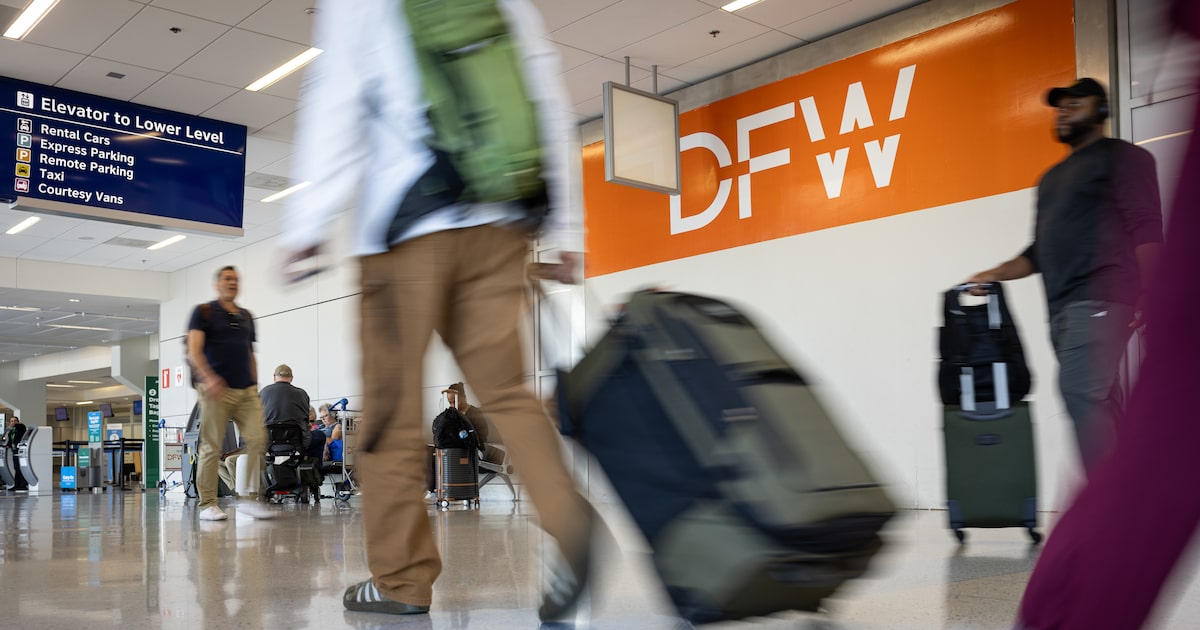Two Southwest Airlines flights involved in bird strikes in 2023 exposed a design flaw in the aircraft’s engines that allowed liters of oil to leak into the bleed air supply, risking the pilots being exposed to potentially lethal concentrations of chemicals in less than a minute, according to a report from The Wall Street Journal.
“Southwest Airlines is in close contact with the Federal Aviation Administration and Boeing, as well as the engine manufacturer,” said a company statement in response to the report. “
“Southwest notified its flight crews about the effects of certain bird strikes following two events that occurred in 2023. As part of that effort, Southwest reiterated the importance of following established Safety procedures that are part of the company’s recurrent Pilot training. The airline continues to address this issue through its robust Safety Management System while working with the manufacturers and Safety regulators to identify a permanent solution.”
The incidents were included in a Wall Street Journal investigation that examined the impact of toxic fumes on passengers and crew. The wide-ranging investigation involved a review of more than 1 million FAA and National Aeronautics and Space Administration reports, thousands of pages of documents and over 100 interviews.
Aviation News
The report found that the Airbus A320 has been the aircraft most affected by fume events, according to The Journal. The A320 is a bestselling aircraft operated by several major U.S. carriers, including Fort Worth-based American Airlines, Delta Air Lines, JetBlue, United Airlines and Spirit Airlines. Notably, both Alaska Airlines and Dallas-based Southwest do not operate A320’s, as their fleets are centered around Boeing’s 737 aircraft. The 737 model recorded less than 50 fume events per million departures, according to The Journal.
JetBlue and Spirit, which operate mostly Airbus aircraft, saw a combined 660% surge in fume events on their A320 aircraft between 2016 and 2024, according to The Journal.
Another key finding in the report is that aircraft manufacturers and airlines downplayed the health risks, successfully lobbied against safety improvements and made cost-saving changes that risked the safety of passengers and crew.
The fumes, which have been described as smelling of “wet dog,” “Cheetos” or “nail polish,” have led to emergency landings, made passengers ill and affected pilots’ vision and reaction times midflight, according to The Journal, which cited official reports.
The world’s two largest aircraft manufacturers, Airbus and Boeing, both admit that malfunctions can lead to oil and hydraulic fluid leaking into the engines or power units and vaporizing at extreme heat, according to The Journal. The leak results in the the release of unquantified neurotoxins, carbon monoxide and other chemicals into the air, The Journal reported.
Robert Kaniecki, a neurologist and consultant for the NFL’s Pittsburgh Steelers, told The Journal that he has treated about a dozen pilots and over 100 flight attendants for brain injuries over the last 20 years following exposure to fumes on aircraft. He has also treated a Delta Air Lines frequent flier who was injured in a fume event in 2023, according to the publication.
Kaniecki told one patient, a JetBlue flight attendant, that her injuries were like a chemical concussion and similar to those of an NFL linebacker after a brutal hit, the report said. The flight attendant, identified as Florence Chesson, was diagnosed with a traumatic brain injury and permanent damage to her peripheral nervous system from the fumes she inhaled on a JetBlue flight.
In a statement on its website earlier this month, the Federal Aviation Administration said that in rare instances, mechanical issues such as engine oil seal failure or recirculation of fan bearings can cause fumes to enter the cabin. Airlines are required to report such incidents to the FAA and the agency investigates and fixes the causes before the aircraft returns to service.
Media representatives for American did not immediately respond to a request for comment.
